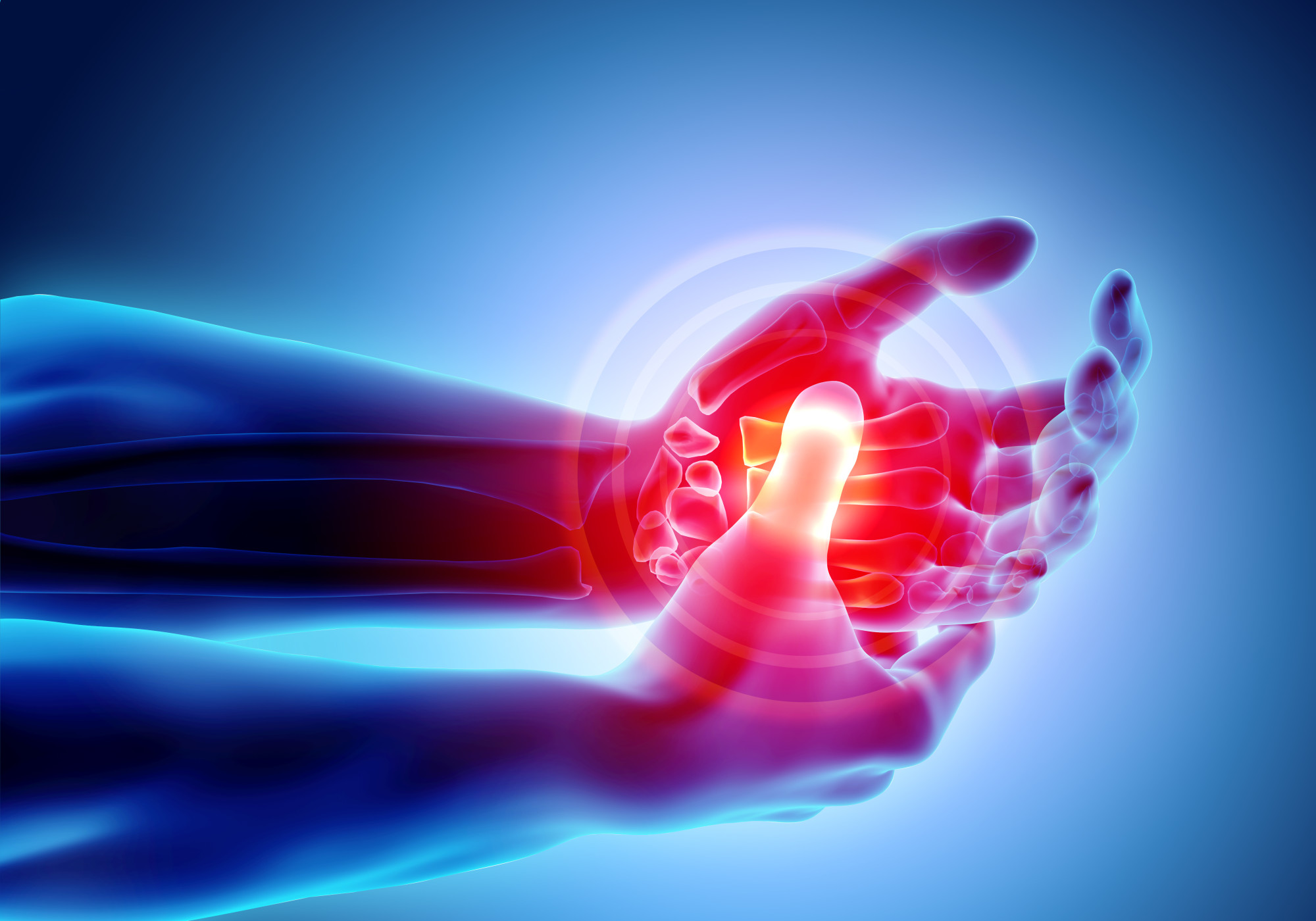
Did you know that 133 million Americans are affected by inflammation? With more than 40% of the population in the U.S. suffering from some type of inflammation, the chances of you or someone you know dealing with bad inflammation are fairly high. But, not all inflammations are created equal, there are different types of inflammation.
We put together this short blog post to share what these different types are, to help you decipher what type of inflammation you or your loved one might be suffering from.
Acute Inflammation
This type of inflammation is usually caused by illnesses like common viruses or bacterial infections. Acute inflammation is also caused by injuries like sprained ankles.
When you suffer from acute inflammation, it happens really quickly and, in some cases, it can be severe. Some common signs of inflammation are:
- Swelling
- Bruising
- Stiffness
- Redness
- Pain
- Loss of mobility
- Warmth where the injury occurred
You can suffer from this type of inflammation anywhere from a few days to a few months.
Chronic Inflammation
Those that suffer from chronic inflammation can deal with it for an entire lifetime in severe cases, or for a few years. Unfortunately, scientists are not 100% sure why this type of inflammation happens to certain people. All they know is that after some time of suffering from chronic inflammation it will cause changes to organs, cells, and the body’s tissue.
The only thing that research has found is that physical inactivity, obesity, smoking, stress, and sleep disorders might cause chronic inflammation.
Common Treatments
The exact type of treatment will depend on the severity of the inflammation and the cause. In many cases, treatment is not needed but when there are severe symptoms such as airways closing during an allergic reaction, treatment is necessary.
In some cases, if you are dealing with pain, fever, or swelling symptoms, a doctor might prescribe a nonsteroidal anti-inflammatory drug (NSAIDs). Although NSAIDs will not remove the root cause of the inflammation they will counter an enzyme that is contributing to the inflammation.
For example, Colchicine might be prescribed to provide relief to those dealing with pain and swelling from a sudden gout flare-up.
There is also some food with nutrients that can help reduce inflammation in the body. Some of these foods you might want to add to your diet include tomatoes, high fiber foods, olive oil, fatty fish, nuts, kale, and spinach. Some foods that you want to stay away from, include fried foods, red meat, and highly processed foods.
Now You Know the Different Types of Inflammation
We hope that with your newfound knowledge of the types of inflammation, you can feel better informed on the type of inflammation you or someone you know is dealing with. Always speak to a medical professional to get their professional advice, before self-diagnosing.
Please feel free to keep browsing our health section to catch our latest tips and tricks.

Leave a Reply